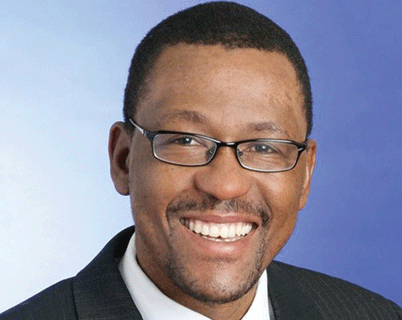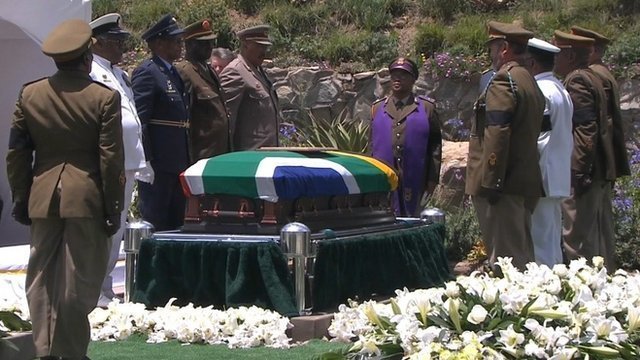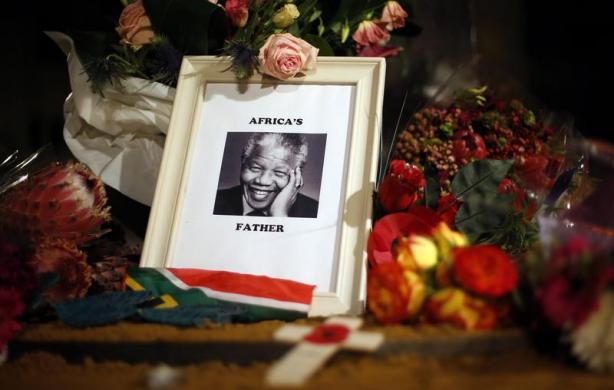
CRITICS of the late Nelson Mandela, argue that he sold out when he accepted a deal as part of his release from prison, not to engage in the nationalisation of wealth as outlined in the Freedom Charter.
The Charter was adopted in June 1955 by the South African Congress Alliance, a body consisting of various groups fighting against the oppressive apartheid regime. According to the governing African National Congress (ANC), of which Mandela was leader, the Charter remains its platform of achieving the people’s aspirations.
The Charter outlines core principles that guided the liberation struggle. Some of the Charter’s core principles, which Mandela is accused of abandoning, include the democratisation of the economic means of production such as equitable land redistribution to all South Africans and nationalisation of wealth.
The Charter states: `The people shall share in the country`s wealth. The national wealth of our country, the heritage of all South Africans, shall be restored to the people. The mineral wealth beneath the soil, the banks and monopoly industry shall be transferred to the ownership of the people as a whole.”
The adoption of the Charter was declared a treasonous document by the apartheid regime thus enabling it to legitimise crackdown on the people because it framed the declaration of the Charter as a national security issue. Also, it appealed to the colonial investor community which was intrinsically tied to the predominantly Dutch and British kingdoms, and keen to protect its economic interests.
The apartheid regime was successful in portraying to its allies Mandela as a communist planning to overthrow the State violently. At the time of Mandela’s incarceration, communism was a serious concern of the West, and therefore anyone linked to that doctrine was destroyed mercilessly.
So, a Mandela who supported nationalisation of wealth was a threat to their political and economic interests and therefore should have been destroyed and set as an example to all. The late Margaret Thatcher, Britain’s former Prime Minister supported feverishly the prolonged incarceration of Mandela because she believed he was a communist, so did the United States who put him under their terrorist list.
But that was just a pretext; the reality was that Thatcher and the United States loathed Mandela mainly because he threatened their economic interests.
- Chamisa under fire over US$120K donation
- Mavhunga puts DeMbare into Chibuku quarterfinals
- Pension funds bet on Cabora Bassa oilfields
- Councils defy govt fire tender directive
Keep Reading
Some Western countries that had initially supported the incarceration of Mandela were to later redeem themselves because they realised that they were moving against the tide of history. They engaged their hardline Western allies and the apartheid regime to find a compromise position that would be acceptable to all, and lead to the release of Mandela.
If Mandela had not compromised on his hardline stance to drop the nationalisation of wealth for his freedom, he would have probably been left to die in prison or through arranged death. His death would have been consistent with the firm resolution he stated at his Rivonia trial in 1964.
He said he was prepared to die for a free society in which all persons would live together and with equal opportunities.
Mandela did not have to be fatalistic to achieve this dream when an alternative approach had been presented to him. The basis of his potentially fatalistic 1964 statement was influenced, but also justified by the events at the time when the apartheid regime was refusing to negotiate.
Upon his release, Mandela had been provided levers, in the form of State institutions, to create a society he envisioned, which was democratic and just and with an inherent potential to solve economic injustice.
Therefore, the case for Mandela remaining a defiant prisoner grew weak. It would be difficult for Mandela to choose remaining an economic prisoner when the levers of achieving economic justice were presented!
Even if Mandela had managed to negotiate for the nationalisation of wealth, it would not have been a task he would accomplish overnight. It has taken Zimbabwe three decades to tackle the skewed economic ownership structure. So it’s unreasonable for us to expect Mandela to be the super hero who delivered political and economic freedom at the same time.
We must be aware that inevitably economic change would happen as did political emancipation because economic empowerment is a natural progression from political independence.
A major problem besetting an independent South Africa is not that Mandela compromised his position on nationalisation of wealth, but an entrenched belief in trickle-down economics without making fundamental structural economic changes.
This neo-liberal economics approach purports to extend benefits of economic growth to vulnerable people although history has shown that claim to be flawed. The economic justice ideals are in the Charter and it still remains the guiding document of the ANC.
Therefore, the economic struggle remains an outstanding item which should be executed by those whose energy was not sapped by the political struggle.









